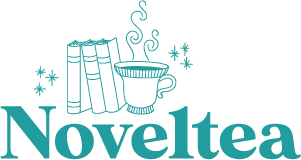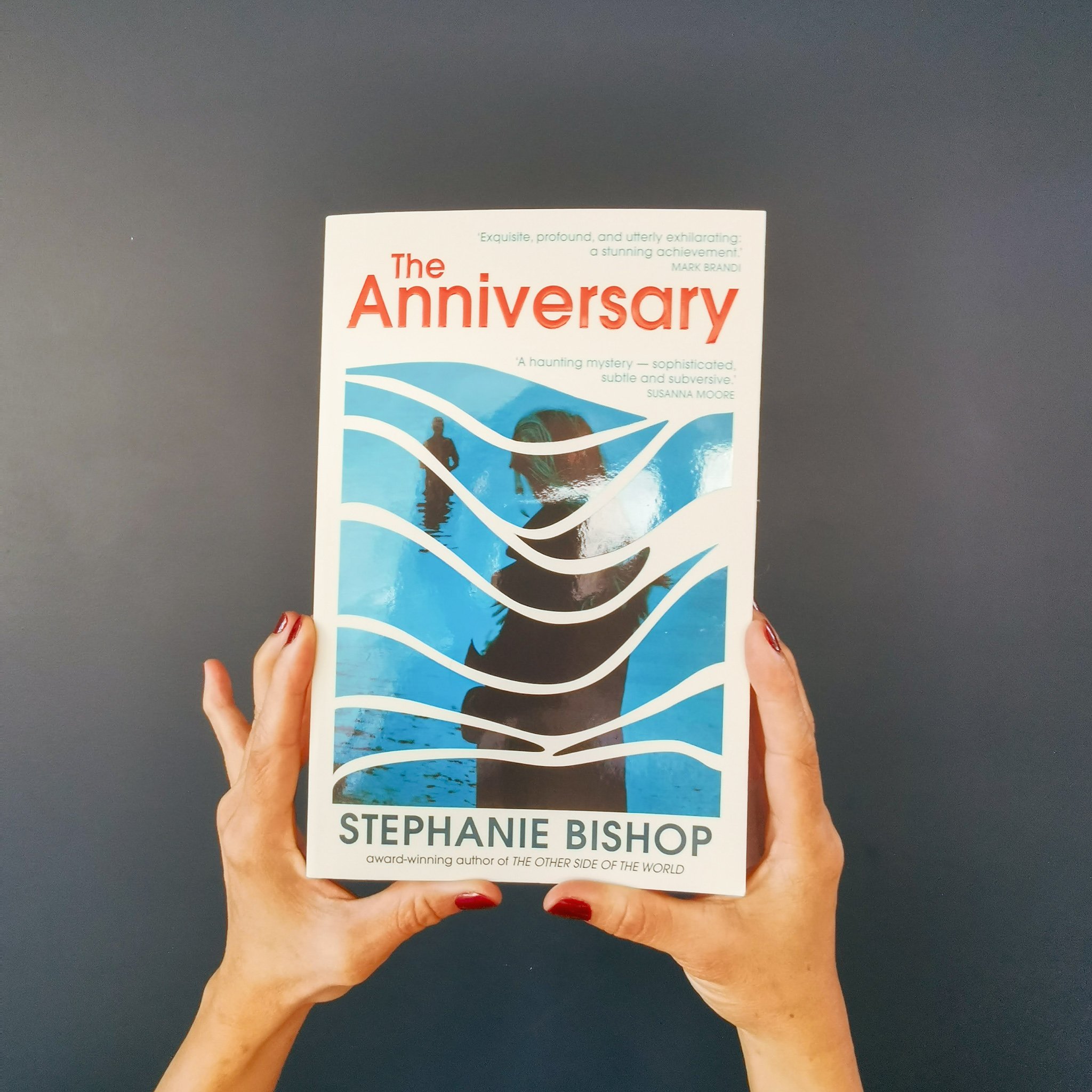Summer in Australia can be pretty extreme. I mean towels drying in half an hour to a crunchy goodness. I mean muffins cooking in a closed car and being too dry. It’s not easy to focus on anything too heavy so here are a few of my favourite “light” reads that should, IMO, be classics.
Evil Under the Sun
Agatha Christie
A quintessential Christie murder mystery set on the Devon coast. She has such an easy style of writing and excellent characterisation. You’ll be kept guessing to the end.
Instructions for a Heatwave
Maggie O’Farrell
This one is a tad “heavier” than the others but with O’Farrell I think this can be forgiven because she’s just such a good writer. Set in London during a heatwave, something I lived through, it lays a nice, sticky, fetid foundation for a brilliant family drama.
Good Omens
Terry Pratchett & Neil Gaiman
Terry Pratchett and Neil Gaiman is like Tim Burton and Johnny Depp in Edward Scissorhands. It combines the clever humour of Pratchett with the brilliantly gothic imagination of Gaiman. Using the accurate prophecies of the witch Agnes Nutter, a demon and an angel work together to foil the apocalypse. Oh and the antichrist got given to the wrong family.
Picnic at Hanging Rock
Joan Lindsay
The only proper classic in the list. This is a fascinating but also perplexing book. It’s an entirely fictional account of the mysterious disappearance of three teenage boarding school girls and one teacher on Valentine's day in 1900 from Hanging Rock in Victoria. One of the girls is found eight days later with no memory of what happened. The story isn’t just about the mysterious disappearances. There are more layers to it and it is sort of a gothic mystery. Perfect to take on a picnic.
The House on Mango Street
Sandra Cisneros
I read this years ago and absolutely loved it. It’s one year in the life of a 12-year-old Mexican-American girl in Chicago told in vignettes that are sweet, joyful, heartbreaking but ultimately hopeful.




